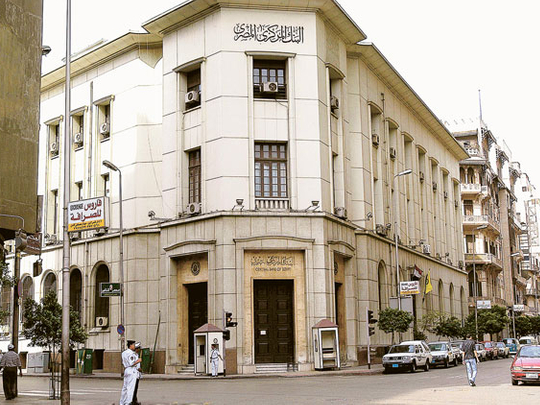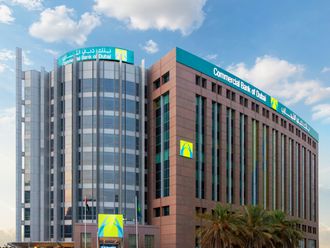
Dubai: Egypt yesterday faced a further sovereign rating downgrade and rating agency Standard & Poor's joined its global peers in downgrading Egypt's sovereign credit rating and warned that another cut was possible as violent protests demanding political change continued unabated for the eighth day.
"In our view, the ongoing political instability and unrest will hamper Egypt's economic growth and adversely affect its public finances. We are lowering the foreign currency long-term rating on Egypt to ‘BB', and the local currency long-term and short-term ratings to ‘BB+/B'," said Standard & Poor's credit analyst Kai Stukenbrock.
The rating agency has also placed the long-term ratings on CreditWatch negative. The CreditWatch placement indicates that we may lower the ratings again, potentially by more than one notch, within the next three months if they see further significant instability in the political environment.
The rating downgrade by S&P follows a downgrade by Moody's on Monday. The agency downgraded Egypt's government bond ratings to Ba2 from Ba1 and has changed the outlook to negative from stable. "Egypt suffers from deep-seated political and socio-economic challenges. These include a chronic high rate of unemployment, elevated inflation and widespread poverty," said Tristan Cooper, Moody's Dubai-based Head Analyst for Middle East Sovereigns.
Although Fitch is yet to revise its rating on Egypt, the agency has already revised the rating outlook for the country to negative from stable.
"The outlook revision reflects the recent upsurge in political protests and the uncertainty this adds to the political and economic outlook," said Richard Fox, Head of Middle East and Africa Sovereign Ratings at Fitch.
Standard & Poor's said it expects the current political instability and violent conflict to affect Egypt's economic growth in 2011 and beyond, not least through the adverse impact on the important tourism sector. This follows real GDP growth of close to 5 per cent over the past two years.
"We think the conflict and the ensuing uncertainty may also weigh on Egypt's balance of payments if inward foreign direct investment (FDI) or remittances were to decrease," said Stukenbrock.
S&P said it believes the government will strive to reduce poverty by increasing fuel and food subsidies. But such a step will have "negative implications" for the public sector deficit.
Budget deficit
"In the absence of emergency spending cuts in other areas, the budget deficit in 2011 could reach double digits ... which will be difficult to finance while political uncertainty prevails," S&P said,.
The company added it estimates that general government debt stood at almost 74 per cent of GDP in 2010, well above the BB median of 42 per cent of GDP. Analysts expect the recent sovereign rating downgrades to impact the ratings of some leading Egyptian banks, ultimately reflecting on their cost of credit.
"We believe that this rating action could have a negative effect on the creditworthiness of two Egyptian banks, namely: National Bank of Egypt (BB+/Stable/B), and Commercial International Bank (Egypt) (BB+/Stable/B)," said Stukenbrock.










